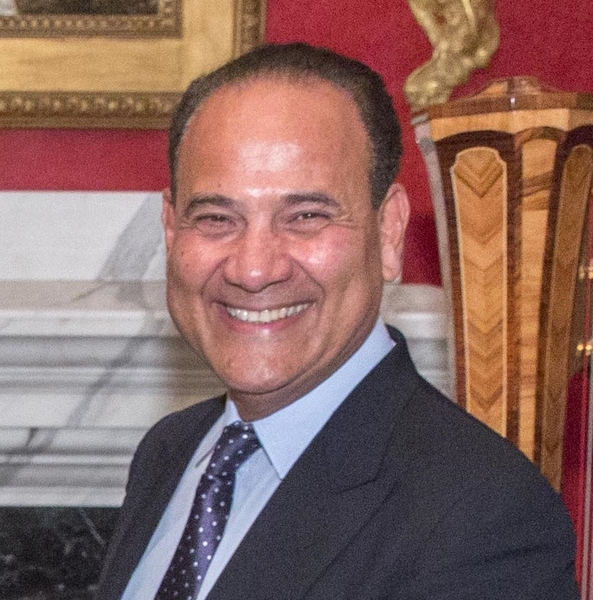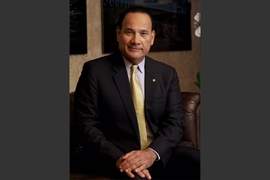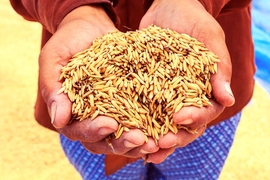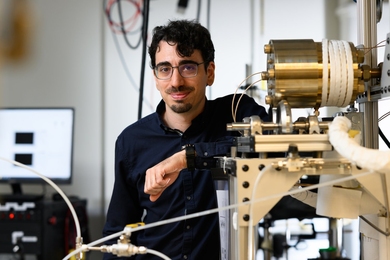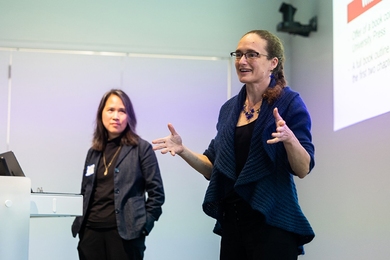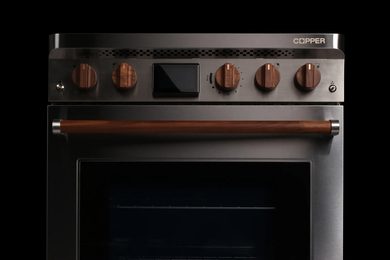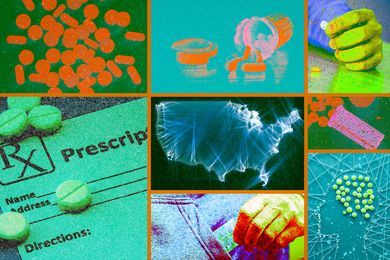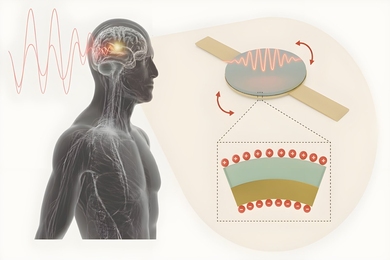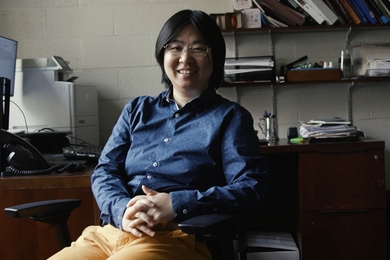MIT Corporation life member Mohammed Abdul Latif Jameel ’78, an active MIT volunteer and noted philanthropist, will receive the Bronze Beaver, the highest award the MIT Alumni Association bestows on alumni volunteers, this September.
Jameel, who earned a bachelor’s degree in civil and environmental engineering at MIT, is chair and CEO of Abdul Latif Jameel, a family-owned diversified business, founded by his father, the late Abdul Latif Jameel. His business operates in over 30 countries in the automotive, financial services, land and real estate, energy, consumer products, and advertising and media sectors.
The Bronze Beaver award, which will be presented at the annual Alumni Leadership Conference on Sept. 24, is given in recognition of distinguished service to the Institute and/or its association of alumni and alumnae.
In the early 1990s, Jameel established a scholarship fund in memory of his father for students from Saudi Arabia, his home country, and other countries. Since 1994, he has supported the educational aspirations of more than 160 of students at MIT through the Abdul Latif Jameel Toyota Endowed Scholarship Fund. His engagement includes personal outreach; he meets with each student who receives a scholarship.
Jameel has also facilitated many new connections for the MIT community. He has hosted numerous fundraising and stewardship events and supported the formation of the MIT Arab Alumni Association and the MIT Enterprise Forum in the Middle East and in Turkey. He connected the Institute with its 2008 Commencement speaker Muhammad Yunus, a microlending pioneer. He introduced renowned musicians Bono and Andrea Bocelli to MIT through campus visits. Bocelli, after presentations on MIT research on assistive technologies, supported that work through the Bocelli Foundation.
In addition to scholarships, Jameel has focused his MIT efforts on programs that target poverty alleviation and food and water security. In 2005, he made a gift to endow the Abdul Latif Jameel Poverty Action Lab (J-PAL), followed by another substantial contribution in 2009 to expand its work. J-PAL founders and economics professors Esther Duflo and Abhijit Banerjee pioneered the use of randomized controlled trials to test the effectiveness of antipoverty programs in developing countries. Today, J-PAL's network has grown to 131 affiliated researchers, with 680 completed and ongoing field projects in 66 countries. Programs and policies tested and proven effective by J-PAL affiliates have reached an estimated 203.17 million people around the world.
In 2014, Jameel created the Abdul Latif Jameel World Water and Food Security Lab (J-WAFS) at MIT to spearhead research aimed at combatting shortages of food and water in the face of climate change and population growth. He has also supported the Scale-Ups program, which develops and helps commercialize affordable products for the poor, a project of the Development through Discovery, Design and Dissemination Laboratory (D-Lab).
Jameel, who was named a member of the MIT Corporation in 2009 and became a life member in 2014, serves on the MIT visiting committees for economics and for mechanical engineering. He also serves on numerous nonprofit organizations. He chairs Community Jameel, an organization that supports the Arab arts and culture in the Middle East and around the world, works against unemployment, enables research for poverty alleviation, and provides education and training opportunities.
His many awards include an honorary knighthood for his philanthropic activities and support for the development of arts and culture from Her Majesty Queen Elizabeth II.
